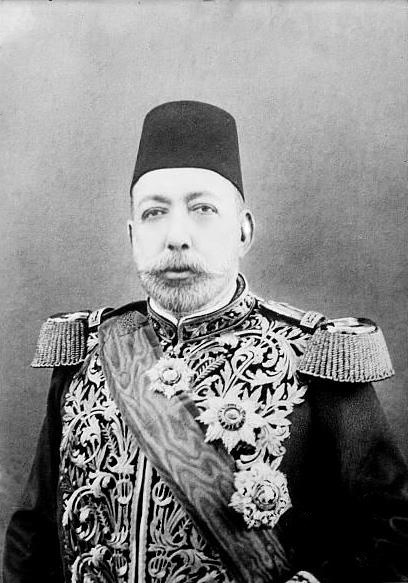Holy War Finds Little Support Among Ottoman Muslims;
New Front Opening in the Caucasus.
Special to The Great War Project.
(19-20-21 December) Turkey’s holy war against the Allied nations, especially Britain, is a flop. That’s the conclusion of war historian John Keegan.
The Muslim Caliphate in the person of Sultan Mehmed V declares “holy war” in November and according to Keegan, he “called on all Muslims in British, French, and Russian territory to rise in arms.” “The effect was negligible.” Britain is concerned that the call to holy war might find sympathy among some of the Indian Troops it transports to the Middle East and to Europe. But they are not swayed, Keegan writes.
In fact many Muslim soldiers in the British ranks “did fight against the Sultan-Caliph’s soldiers.”
And on the French front, “the numerous Muslim regiments of the French army fought the Germans without paying the Sultan’s call to jihad any attention whatsoever,” reports Keegan. But the involvement of the Ottoman Empire with its vast and numerous territories “was a strategic event of the greatest importance,” writes Keegan. The Ottoman territory touched enemy lands at so many points – the Persian Gulf, the Arab lands, Persia to name just a few. Among the first actions is Britain’s decision to recognize the separate sovereignty of Kuwait, a development that will have fateful echoes many years later. The British send troops to the Persian Gulf a month earlier, and by early December of 1914, British forces occupy Basra in Turkish Mesopotamia, what is now called Iraq. The Ottoman’s also set their sights on Egypt. Egypt is nominally part of the Turkish Empire, but for many years it is occupied and governed by Britain. Early in the war, Britain declares Egypt its protectorate to secure complete control there. Britain is rapidly adding tens-of-thousands of soldiers to its forces in Egypt. Of equal importance is the opening of another front in the war “by far the most important” writes Keegan – in the Caucasus. This pits the Turks against the Russians.
“On the Caucasian front, two different faces of God were in conflict,” writes historian Martin Gilbert, “as Russian Christian and Turkish Muslim troops faced each other in a bitter struggle in the mountain passes of eastern Turkey.” The war in the Caucasus is the plan of Enver Pasha, Constantinople’s Minister of War. Enver sees the Caucasus as a difficult region for the Russians to reinforce. Russia can spare few troops to fight in the Caucasus; most of the Russian force is involved in the Eastern Front, fighting in Poland. “As a homeland of fellow Muslims,” reports Keegan, “it is of emotional importance to the Turks, many speaking tribal languages related to their own.”
Enver considers the Caucasus “a potential center of revolt against Russian rule.” But his plans for the invasion of the Caucasus are flawed.
Many of the minorities in those lands are motivated by nationalism, not by a desire to remain within the confines of the Ottoman Empire. And Arabs outnumber Turks within the Empire. In addition, the mountains of the Caucasus are enormously difficult terrain, especially for an army in 1914. Enver attacks the Caucasus at the beginning of winter, just as the snows arrive. “It was foolhardy,” concludes historian Keegan. The Ottoman force outnumbers the Russian 150,000 to 100,000. But its supply lines “are defective,” relying on one railway line and narrow roads that soon become snow bound.
At this point, the British War Council begins to consider ways to draw Turkish troops away from the east, reports historian Gilbert. The British focus on a naval plan to attack Turkish forts in the Dardanelles at the far southwest end of Turkey.



Excellent post Mike, thank you. The creation of national boundaries 100 years ago (“Britain’s decision to recognize the separate sovereignty of Kuwait, a development that will have fateful echoes many years later.”) are telling in 2014.
I really appreciate your efforts at creating the site and sending along the posts. My understanding of the war’s beginning, what the aims were for different governments, and how those actions still resonate, have had an impact on the news reporting I hear nowadays.
Keep the posts coming and I’ll keep sharing through facebook for others to read.
Thanks for your thoughts. I’m pleased you are following the blog, and I appreciate you thoughtful comments. Please spread the word about the blog.